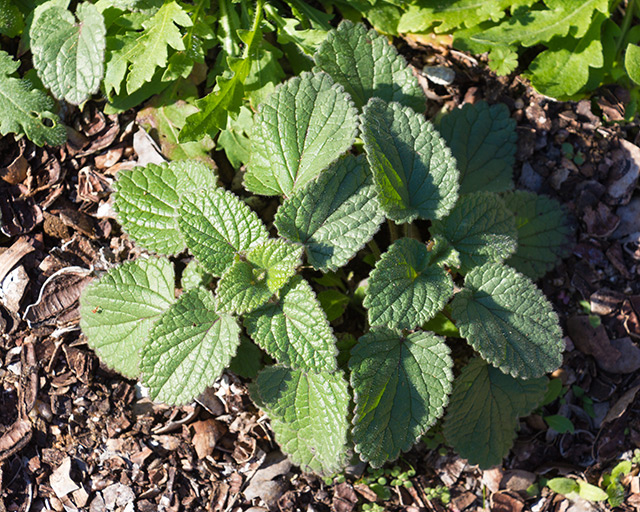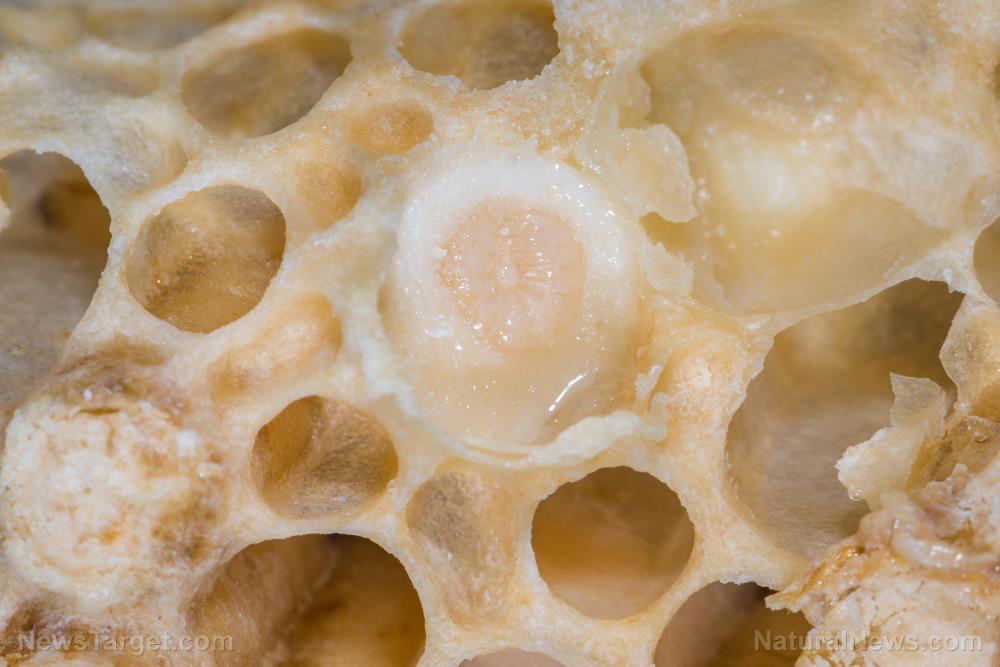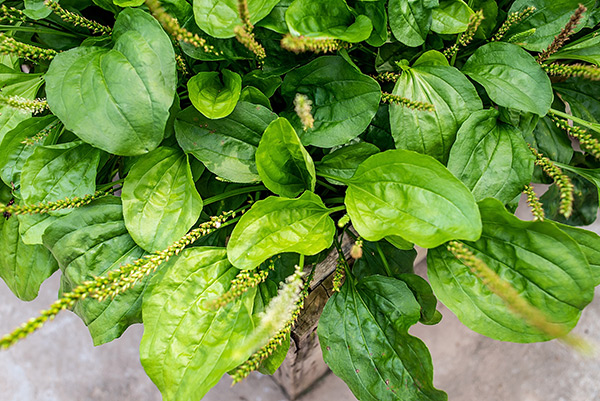Can TCM offer pain relief for knee osteoarthritis? Review of meta-analysis
07/25/2019 / By Ralph Flores

An international study conducted by researchers from the Shanghai University of Traditional Chinese Medicine and the Tufts University School of Medicine in Boston revealed that traditional Chinese medicine (TCM) can be used to improve pain, as well as restore knee function and overall wellness, in patients with knee osteoarthritis. The results of the study were published in The American Journal of Chinese Medicine.
The researchers conducted a comprehensive literature search using both English and Chinese biomedical databases to find studies that treated knee osteoarthritis using syndrome differentiation. In TCM, syndrome differentiation uses the four main diagnostic procedures – observation, listening, questioning, and pulse analysis – to arrive at a comprehensive analysis of clinical information. Practitioners use syndrome differentiation to determine the suitable treatment for the condition, which can range from fu fang (herbal formulations) to acupuncture.
In particular, randomized control trials that compared TCM with Western treatments in adults with knee osteoarthritis were included. Those that met the criteria were stratified for study design, outcomes, risk of bias, and primary results by an independent party. In total, a total of 23 studies (2,362 subjects) that were included in the review.
Based on their analysis, the researchers found most prescriptions included the following herbs, because of their pharmacological actions:
- White peony root (bai shao) — decreases the expression of the pro-inflammatory amino acid substance p and inhibits platelet aggregation and blood clot formation.
- Twotooth achyranthes root (niu xi) — protects against articular cartilage damage, inflammation of the synovium, and the release of inflammation biomarkers interleukin-1beta and tumor necrosis factor-alpha.
- Chinese angelica (dang gui) — protects the cartilage from being destroyed during osteoarthritis and helps with its repair.
- Red sage (dan shen) — increases platelet production for homeostasis, improves blood vessel dilation, and has anti-inflammatory properties.
The researchers also found that TCM has an advantage over standard Western medicine when it comes to managing symptoms of knee osteoarthritis pain. Unlike prescription drugs which carry the risk of adverse events, herbal formulations used in TCM have safer adverse event profiles while offering the same potency. Earlier research has found that arnica and comfrey extracts can improve pain symptoms as effectively as non-steroidal anti-inflammatory drugs, without the side effects.
The current study also lends itself to a growing body of evidence that highlights the benefits of TCM in managing knee osteoarthritis pain. In particular, they listed three biological activities behind that ability of TCM to relieve knee osteoarthritis pain.
- Analgesic. An earlier study published in The American Journal of Chinese Medicine showed that aconite root possessed analgesic effects, as well as decreasing the expression of pain-related proteins.
- Anti-inflammatory. The herbs that the researchers identified all exhibited potent anti-inflammatory activity, while safely suppressing pro-inflammatory pathways.
“TCM may be effective for reducing pain in the knee,” the researchers concluded in their report. “[This review] provides new and valuable information that TCM may have potential analgesic effects for patients with knee osteoarthritis.”
Adding exercise can help with knee osteoarthritis
Knee osteoarthritis, as well as rheumatoid arthritis, affect millions of people around the world. For most people suffering from the condition, the last thing that they want to do is to move the affected joint — much less exercise it.
But regular exercise can actually help in relieving the pain caused by both types of arthritis and manage other symptoms, such as pain and swelling. It can also maintain the knee’s full range of motion, strengthen the muscles that support it, and help the joint absorb shock.
Water exercises are one of the most popular forms of activities for those with knee osteoarthritis — the water lessens the impact to the knees to near zero, and the body’s buoyancy makes for great resistance.
Sources include:
Submit a correction >>
Tagged Under:
aging, alternative medicine, analgesic, anti-inflammatory, arthritis, herbal medicine, Herbs, inflammation, joints, knee osteoarthritis, natural cures, natural medicine, Natural Treatments, pain relief, remedies, research, TCM, traditional Chinese medicine
This article may contain statements that reflect the opinion of the author
RECENT NEWS & ARTICLES
COPYRIGHT © 2017 CHINESE MEDICINE NEWS





















